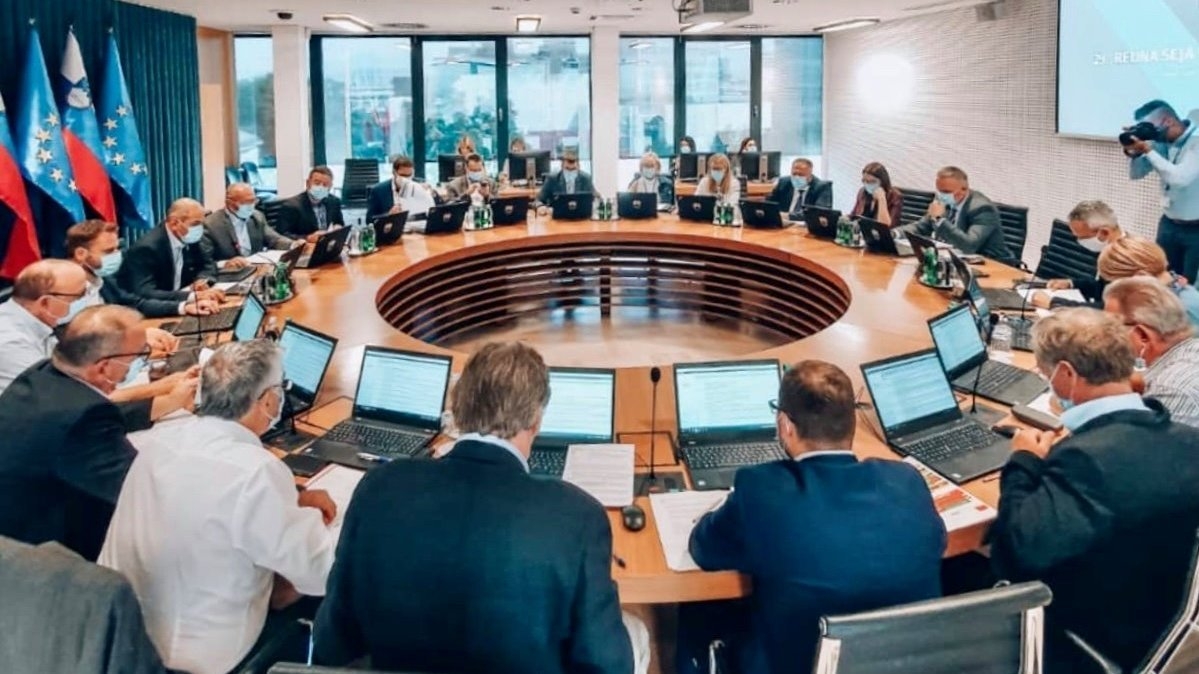Since its formation, the government has begun to work actively in many areas while facing a crisis due to the coronavirus. Immediately following the appointment of the government, it met and drew up a plan on how to deal with the coronavirus. Later it adopted five intervention measures, that have helped and and will continue to help residents cope with the crisis. As part of the aforementioned aid packages, the government has thus helped the self-employed, employees, companies, pensioners and also those who are socially disadvantaged.
With the first intervention law, the government allocated basic income to all self-employed people who experienced a loss of income as a result of the epidemic. It covered pension and disability insurance contributions for employees who still had to work during the coronavirus crisis. In addition, they also helped companies for which the state covered the costs associated with waiting for work for those workers whose employers were unable to provide them with work. In addition, pensioners, students and recipients of social assistance received a lump payment.
The second anti-corona measure sought to ease the position of companies in raising much-needed liquidity bank loans and thus contribute to maintaining economic stability in the country, preventing severe economic damage, maintaining jobs in companies and ensuring sufficient medium-term liquidity in the banking system.
The third aid package, dealt with companies and their liquidity – it provided them with liquidity assistance by providing quick and favourable loans in the amount of 5 to 50 thousand euros from the Slovenian Enterprise Fund. The government also passed an intervention law removing bureaucratic obstacles to launching new investments, especially in the construction sector. In the field of employment, the government extended the measure of waiting for work and paid compensation on behalf of the companies, enabling firms to temporarily sent the workers to the employment office.
As part of PKP3, help to tourism and preservation of jobs is planned
To help one of the most affected industries, the government introduced tourist vouchers through measures that saved the shortened tourist season from 19 June onwards, as well as enabled citizens to afford holidays in Slovenia. In order to preserve jobs, the government included part-time subsidies for workers in the range of 5 to 20 hours per week in the third part of the aid package, and the measure will be valid until the end of the year. According to the Ministry of Labour, Family and Social Affairs, they managed to stem the growth of unemployed people. Among other things, in September there were 5 percent fewer registered unemployed persons than in the previous month.
Anticipating the second wave of the epidemic, the government passed two more intervention laws defining aid to businesses and the self-employed. Under the fourth package, the state covers the costs of quarantining a worker, under certain conditions. The fifth aid package, determines the basic income of self-employed people in the case of a 30% drop in income. They also extended the waiting for work measure for all industries until the end of the year.
In addition to all the above, the government is also active in other areas, the most important of which is the demographic fund
In the first phase, the government had to face challenges due to the coronavirus. Nevertheless, it also undertook the tasks with which it committed itself in the coalition agreement. For example, one of the most visible projects is the Demographic Fund, which could be used to adapt to projected demographic changes in the future. The Demographic Fund would thus ensure the creation of the necessary social and economic dynamics in a rapidly aging society, while at the same time guarantee the provision of funds for times of high pension needs.

